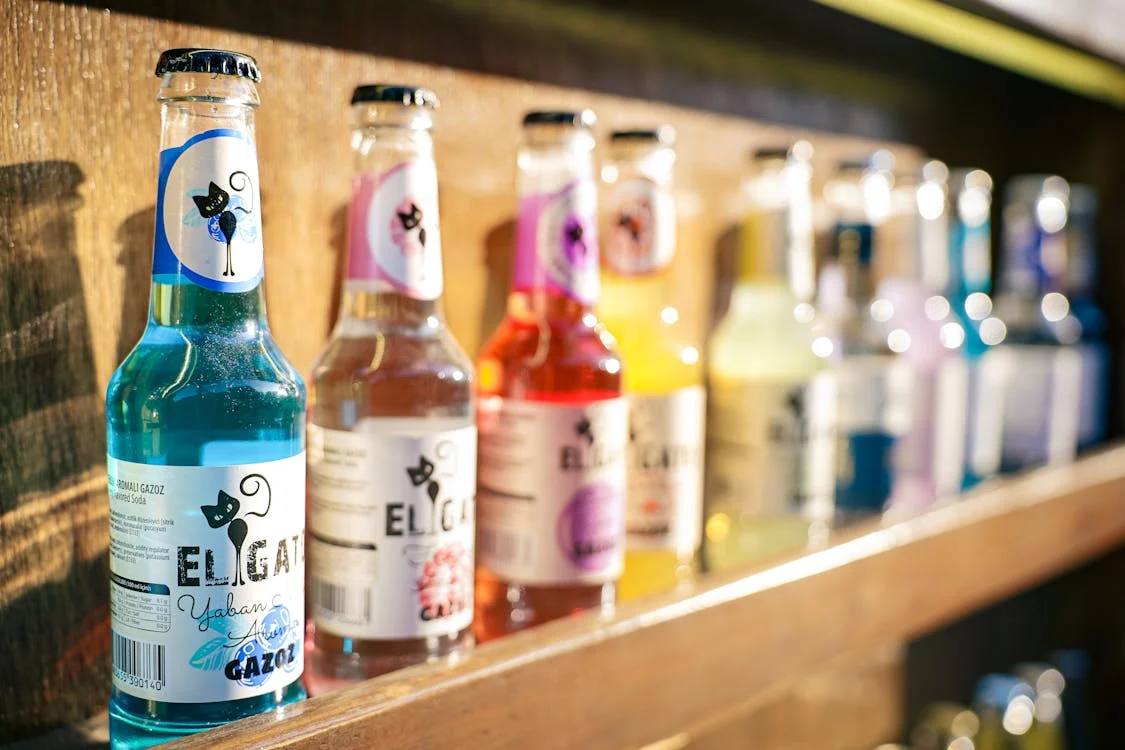The term “blue label” often evokes a sense of premium quality and exclusivity across industries. From luxury goods to digital marketing, the blue label represents a class above the rest. In this article, we will explore the meaning of the blue label, its applications, and why it continues to hold a strong reputation in the market.
What does the blue label mean?
The blue label means premium quality, authenticity,y, and exclusivity. Often associated with higher-end products, it represents a trusted mark of distinction that reassures consumers of the product or service’s value and credibility.
This designation is not limited to one industry. Its influence spans various industries, including beverages, apparel, digital products, etc.
The historical origin of the blue label
The concept of a premium brand has been around for centuries. The blue brand made its mark with brands such as Johnnie Walker, where it became synonymous with luxury and craftsmanship. Over time, other industries have adopted the term to highlight their most exclusive offerings and further cement their market position.
Why choose products with a blue label?
When consumers encounter the blue label, it creates an impression of superior quality and reliability. Here are some reasons why people gravitate towards these products:
1. Trust and authenticity
Blue-label products are often carefully manufactured and tested, offering consumers a sense of security. Whether it’s luxury whiskey or premium software, the label acts as a stamp of approval.
2. Exclusivity
A blue label often means limited availability, making the product more desirable. This exclusivity appeals to individuals seeking unique and rare experiences.
3. Prestige
Owning a blue-label product adds a touch of sophistication to the consumer’s lifestyle. It symbolizes success and refined taste.
Popular industries using the blue label
1. Luxury drinks
One of the most famous uses of the blue label is in the drinks industry, especially for premium whiskies. Johnnie Walker Blue Label, for example, is the benchmark for luxury spirits known for its incomparable finesse and depth of flavor.
2. Clothing and accessories
In the fashion world, a blue label often signifies limited edition collections or premium craftsmanship. Brands like Ralph Lauren Blue Label emphasize exclusivity and timeless design.
3. Technology
Tech companies use the blue label to indicate top-of-the-line software packages, premium support services, or advanced hardware. For example, a laptop with a blue label may be equipped with the latest technology and increased durability.
4. Food and drink
The blue label is also used in food products to indicate organic, ethical products, or premium quality items.
How the blue brand affects consumer behavior
The blue label plays a vital role in influencing purchasing decisions. How it affects consumers:
1. Psychological attraction
The color blue is associated with trust, reliability,y, and calmness. In connection with the label, it increases the perception of the product as reliable and high-quality.
2. Emotional connection
Consumers often feel a sense of pride and joy in owning blue-label products. The label creates an emotional bond by giving the product a special feel.
3. Increased loyalty
When a brand uses blue signage effectively, it promotes customer loyalty. People are more likely to buy products that deliver on their premium promise.
Blue label in digital marketing
In the digital age, the blue-label concept goes beyond physical products. Digital marketers use it to create a sense of exclusivity for services such as VIP membership, premium content, or priority access.
1. Premium Subscription
Streaming platforms and online tools often offer blue-label subscription tiers with additional benefits such as ad-free experiences and early access to new features.
2. Exclusive Content
Merchants use the blue label to advocate for premium content and offer it to paying customers or loyal members. This strategy builds brand equity and attracts high-paying clients.
3. Influencer Marketing
Influencers often highlight blue-labeled products to their followers, emphasizing their premium nature and creating a ripple effect in consumer demand.
Tips for Marketing Blue Label Products
If you are a business owner or marketer who wants to take advantage of the blue label concept, here are some tips to succeed:
1. Emphasize quality
Highlight the superior craftsmanship or features of your Blue Label product. Use storytelling to convey the effort and passion behind its creation.
2. Use exclusivity
Limit the quantity or availability of yourblue-labell products. Emphasize this shortcoming in your marketing campaigns to increase urgency.
3. Use visual branding
Make sure the blue label is visually appealing and consistent across all platforms. An elegant design can reinforce the perception of premium quality.
4. Target the right audience
Target consumers who appreciate luxury, exclusivity, and quality. Tailor your marketing efforts to their preferences and expectations.
Challenges in maintaining a Blue Label reputation
While the blue label brings many benefits, maintaining its reputation can be challenging. Brands must:
- Consistently deliver quality: Failure to meet high expectations can damage a brand’s reputation.
- Avoid overuse: Applying the blue label to too many products can dilute its exclusivity.
- Stay innovative: Consumers expect premium products to evolve and stay ahead of trends.
The future of the blue brand
The blue label concept is here to stay and industries are constantly looking for innovative ways to implement it. As consumers increasingly value quality and exclusivity, the demand for blue-label products will only grow.
In the digital space, we can see the blue label applied to NFTs, metaverse assets, and AI-driven services, further expanding its reach.
Conclusion
The blue label represents more than just a mark of quality; it’s a symbol of trust, exclusivity, and excellence. Whether it’s a bottle of premium whiskey, a designer jacket, or an elite subscription service, the label continues to capture consumer attention and admiration.
For brands and businesses, leveraging the blue label is a powerful strategy to enhance their image and connect with their audience on a deeper level. By understanding its essence and applying it effectively, you can elevate your offerings to new heights.

